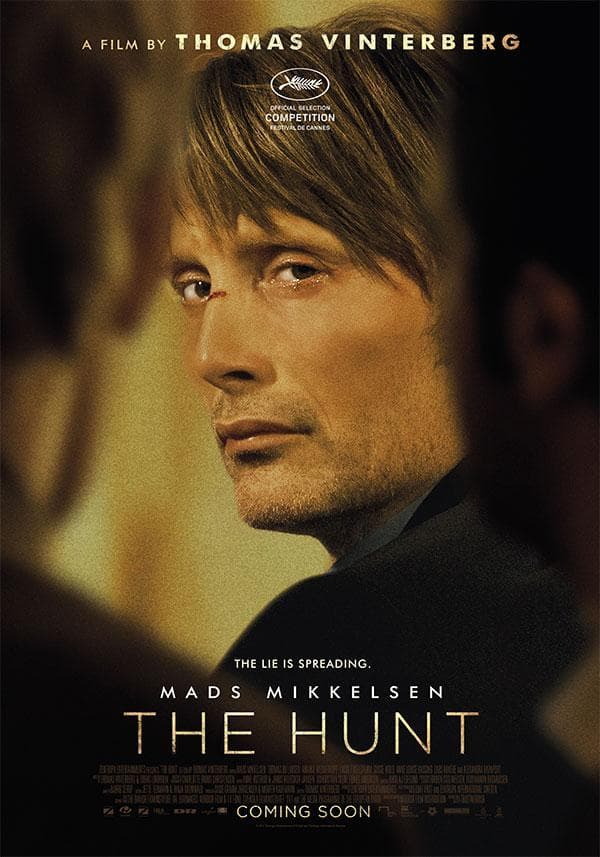
The Hunt
2012
Rate this movie
Average: 4.00 / 5
(1 votes)
Director
Are children capable of lying? This is the question Vinterberg started from, metaphorically referring to a famous judicial case centered on pedophilia that occurred in France: the Outreau case, which shook the entire country in 2004, causing a chain reaction of legal and political upheavals. At the heart of his investigation is the report on pedophilia that emerged from that trial (and subsequent trials). After scrutinizing the family and its apparent cohesion in Festen, the Danish director probes the disintegration of a community and the violence that ensues. In Il Sospetto, he works on the theme of the witch hunt, where "witch hunt" refers to the culture of suspicion that feeds on itself and takes shape in a tiny community until it becomes a violent and unstoppable phenomenon. From lies to slander, from friendship to ostracism, Vinterberg examines the moral upheavals of a village when confronted with a member of that community accused of molesting a young girl.
Lucas (Mads Mikkelsen), depressed by his recent divorce, tries to rebuild his life with the help of his group of friends who share his passion for hunting and drinking around a fire. Lucas is a childcare assistant in the town's preschool, and he forms a very strong bond with Klara, the daughter of a friend of his, who is visibly troubled by her parents' frequent arguments. But Klara ends up idealizing Lucas, transferring her parents' missing love onto him, and when he paternally rejects her, the child, perhaps out of revenge or perhaps due to an Oedipal transference, claims a contact with Lucas and tells her parents about it. Spread like wildfire, the accusation banishes Lucas from the community: the isolation he endures quickly turns into a real manhunt.
Pedophilia, an absolute taboo in the contemporary world, inevitably leads to the sacralization of the child's figure. When the words of a young victim accuse a man, the ideal of Innocence that the young accuser carries makes the accusation immediately true and incontrovertible. Thomas Vinterberg confronts this problem head-on, overturning the semantic device of his first film. While in Festen he was deconstructing the mechanisms of silence in the face of incest (shame, family pressure to suppress the crime), in this film he attempts to establish the evolution of a voice, a small underground murmur that spreads like an epidemic. The silence in the face of incest, which allowed a respectable family to preserve a dignified facade, here becomes a seething of feelings that slowly coalesce, effectively crushing an innocent man. Once the evil is inoculated (Klara's accusations), nothing can contain it. Neither the child's retraction (interpreted by adults as a feeling of shame) nor Lucas's denial, bewildered and unable to stem the explosion these accusations will unleash on his existence. From that moment, we witness the social downfall of a man still perfectly integrated, and we discover, astonished, the unhealthy distrust of his fellow citizens. Vinterberg excels in his portrayal of Lucas: an educated man, overly confident in the balanced judgment of his peers, who slowly and helplessly watches the complete disintegration of his value system. The Danish director is equally merciless in portraying the community's foolish self-assurance and the feeling of prejudice that poisons it. Completely blind to the obvious, too eager to have swept away evil to doubt it (like ancestral witch hunts), the villagers are a caricature of themselves. It is impossible not to be overwhelmed by their reactions, first verbal, then physical. Vinterberg's intent to "overload" these characters is perfectly functional to his film's narrative mechanism, weighing it down with a strong realism tinged with the grotesque. Gossip and a lack of critical awareness are at the heart of the spread of these rumors, and the director's determination to show the community's malevolence contrasted with his hero's dignity traps the film in a merely superficial mannerism.
After viewing, a taste of gall remains in the mouth, a bitterness that does not fade. The mind turns to how prejudice operates in all our lives, how often it determines our choices, our feelings, our serenity. And it is precisely at this point that Vinterberg's work proves to be a valuable hermeneutic tool capable of bringing to light a submerged disquiet, a dark evil that ceaselessly operates beneath every form of human society, effectively undermining its foundations.
Main Actors
Genres
Gallery
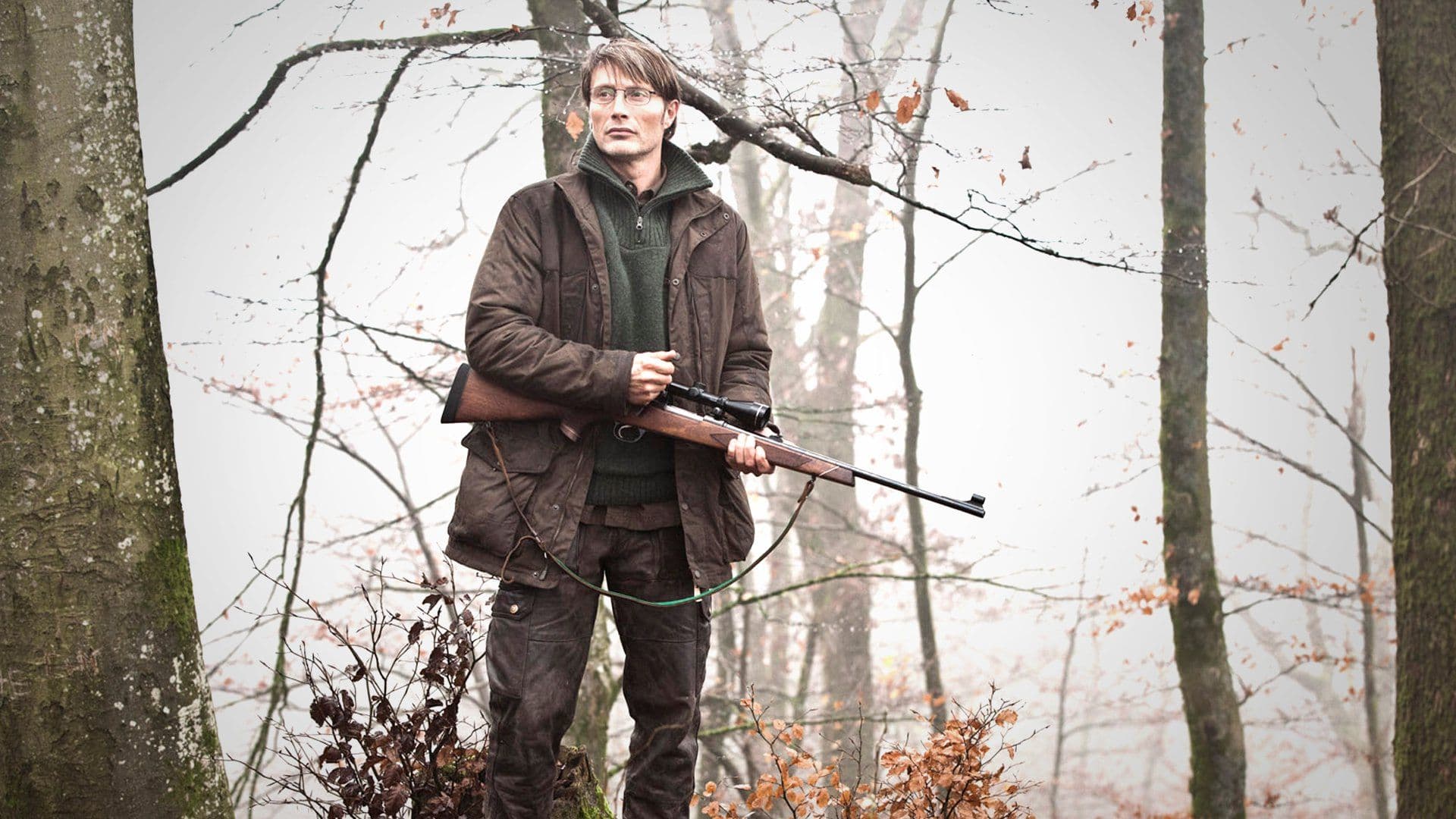
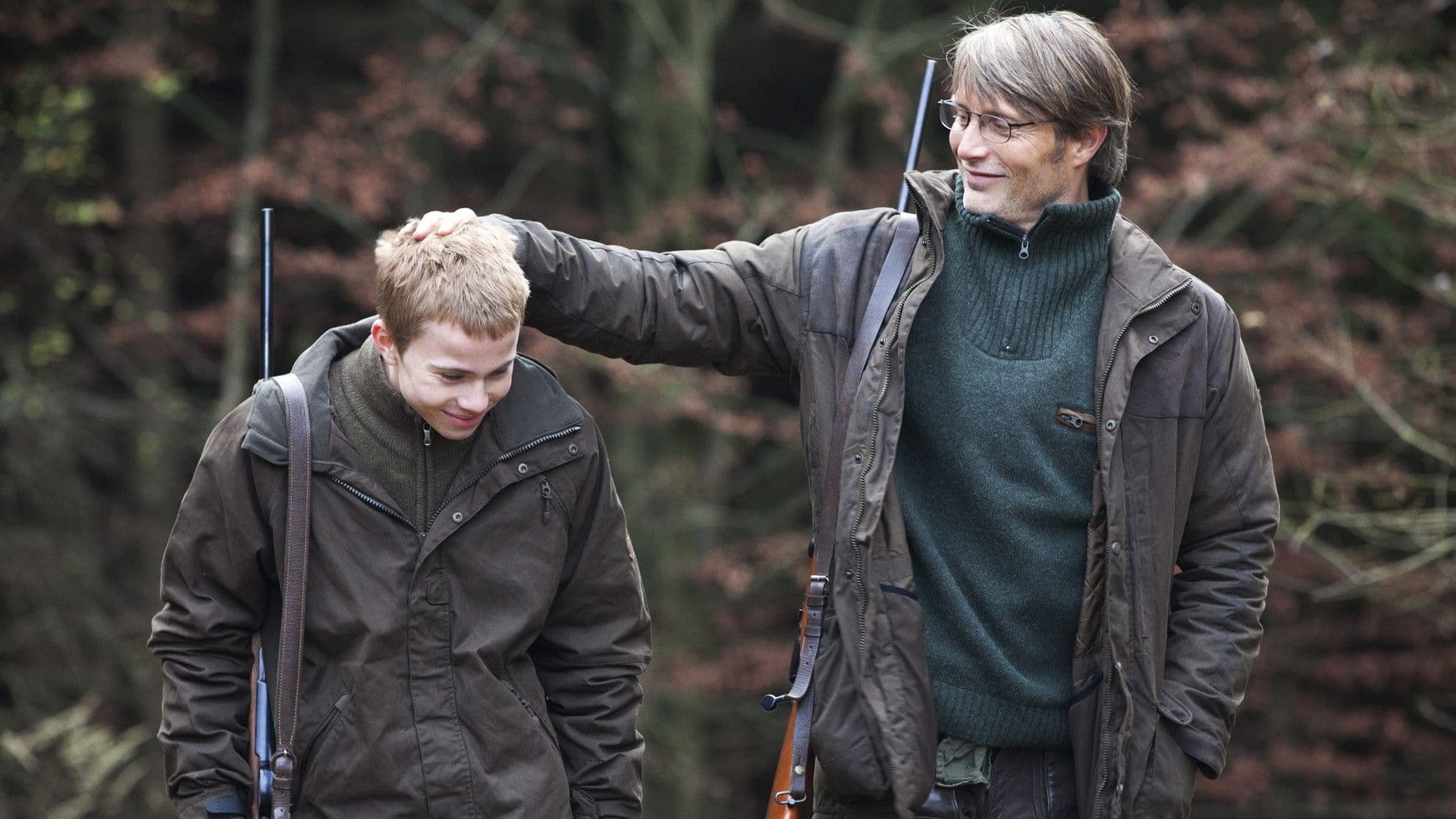
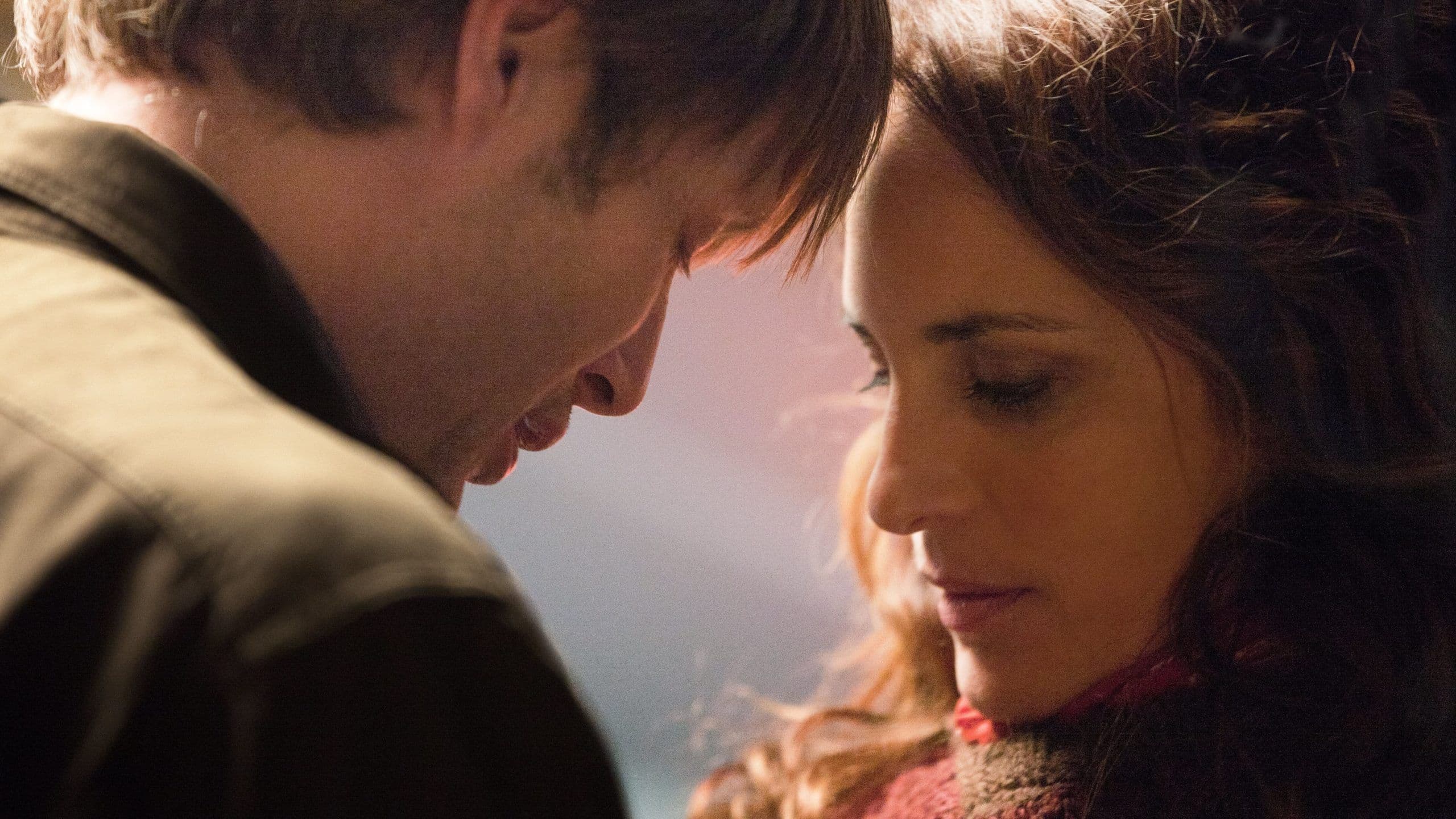

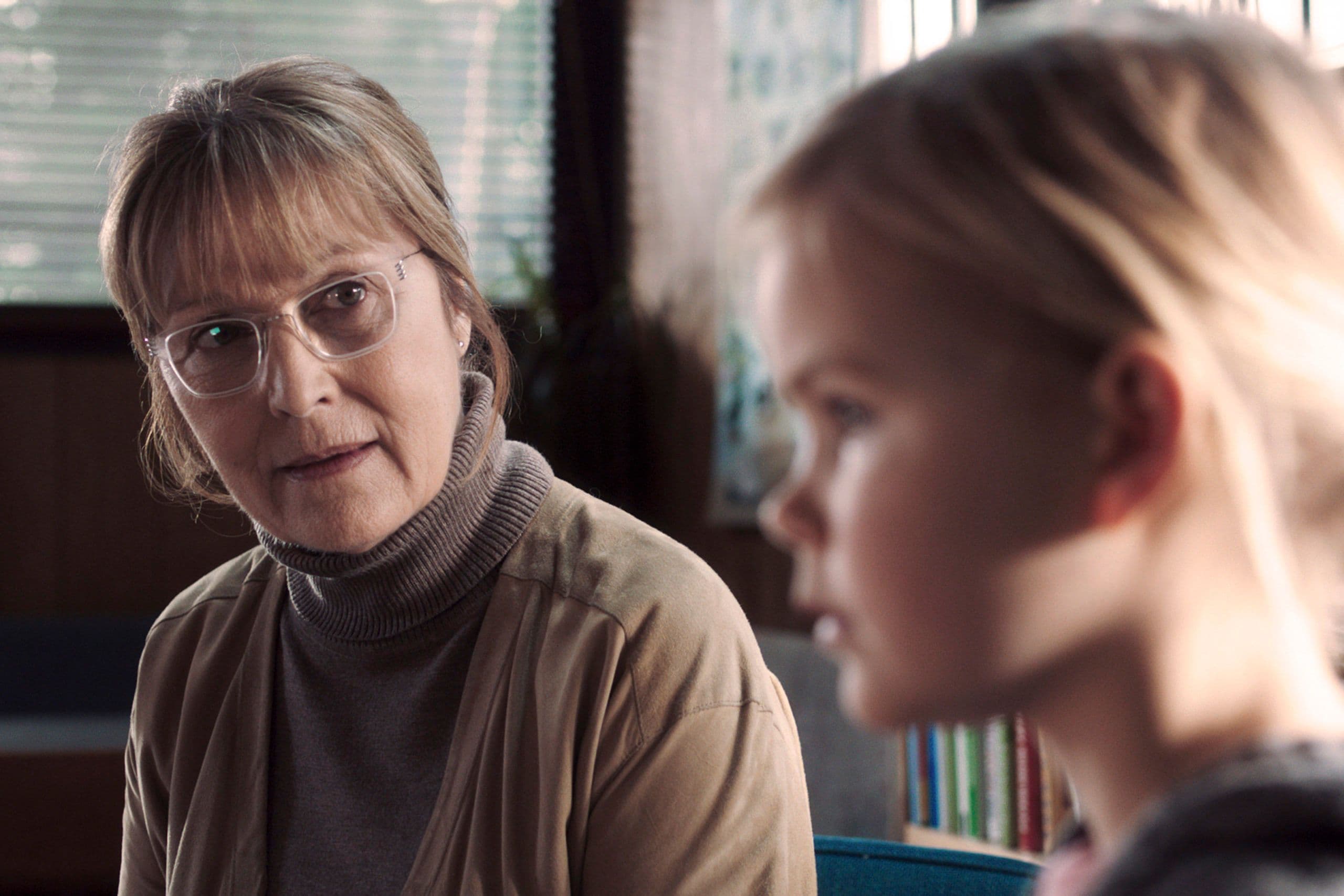
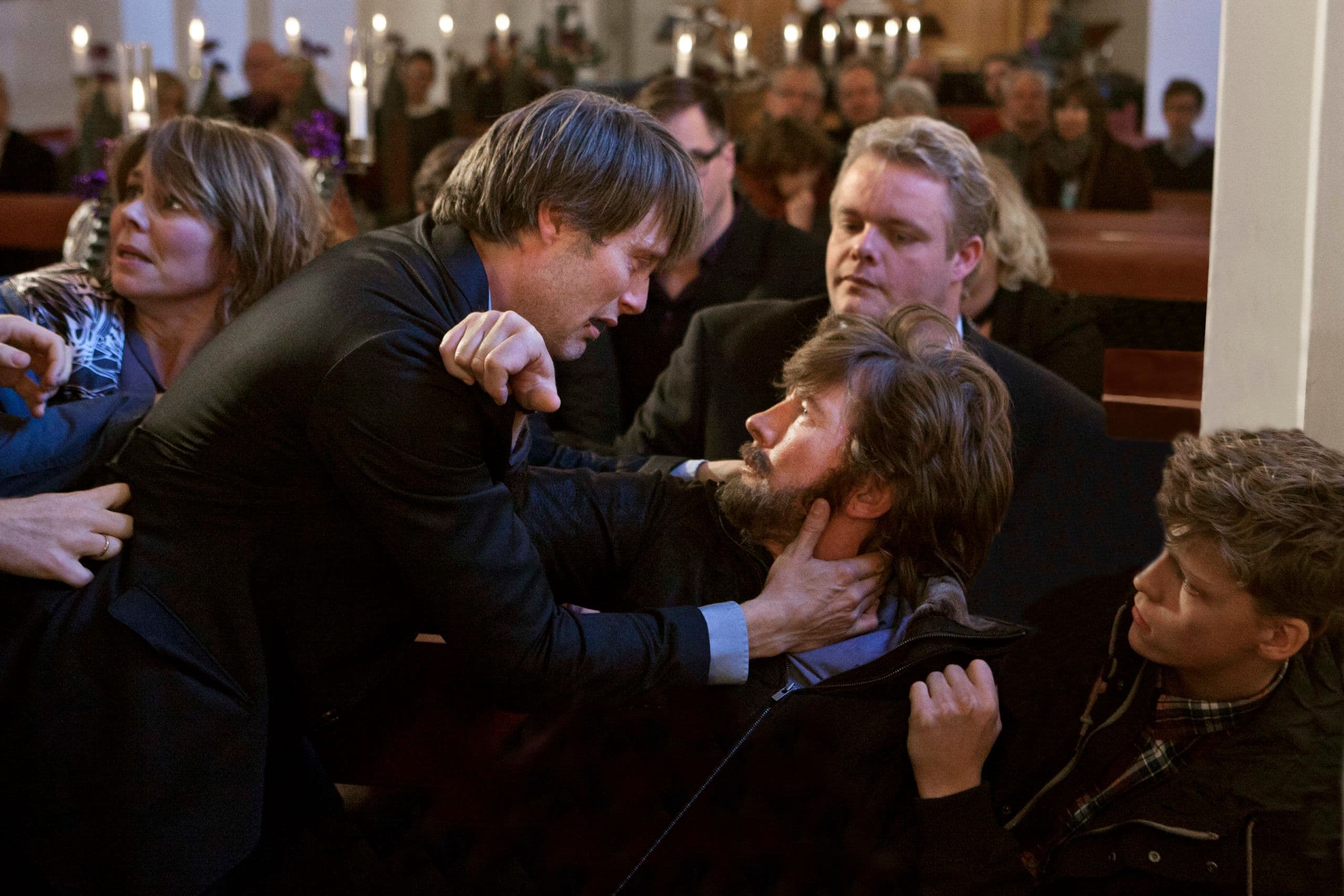
Featured Videos
Official Trailer
Comments
Loading comments...